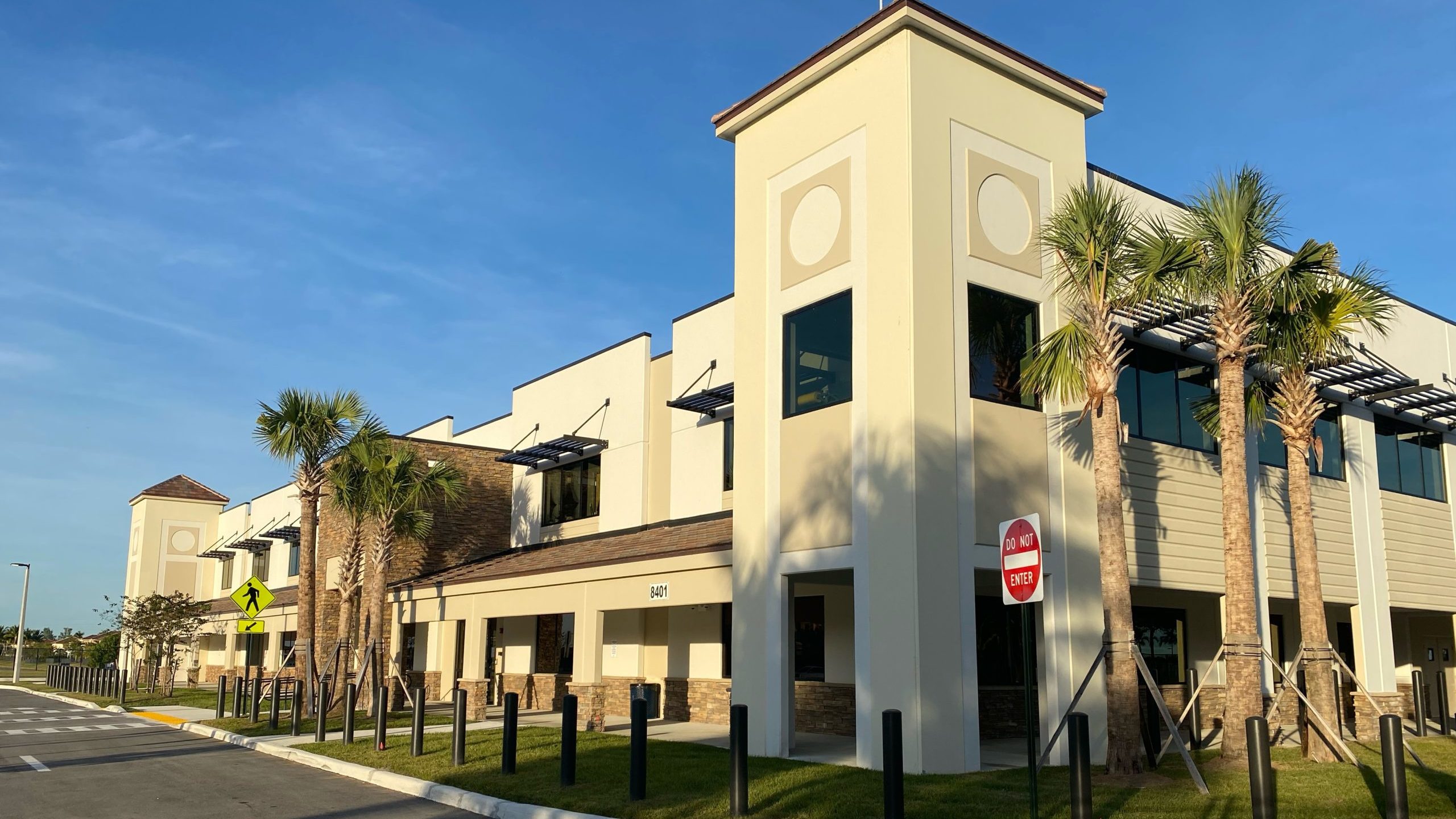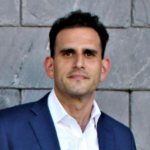
Somerset Parkland Academy – Photo by Parkland Talk
Somerset Parkland Academy parents are steaming mad over broken air conditioning in classrooms, a problem the principal says is an “opportunity to teach students about how there are countries that don’t have AC.”
In an Aug. 21 letter to parents obtained by Parkland Talk, Principal Geyler Castro called the AC breakdown a “teachable moment” in which students can learn what it’s like to go without utilities like hot water and electricity, “and what it would be like to live under those conditions.”
“This will aid in providing our students with different global perspectives of the world we live in,” Castro wrote.
Castro told parents the kindergarten through 8th grade charter school has placed spot coolers and fans in impacted classrooms, and that an AC vendor will visit this weekend to make necessary repairs “in hopes we are good to go for Monday.”
Her letter states that some AC parts were on back order, which delayed the repairs.
“Please note that the classrooms are warm, but not to the point that it feels like there’s a heater in the room,” Castro wrote. “We live in South Florida and are used to warm temperatures and AC is definitely a nice luxury we are all accustomed to, however not having AC is not going to be a long-term situation. This is simply something that we will get through, together, the next few days and go back to having our wonderful AC real soon!”
Castro’s letter also addressed the school’s newly instituted snack ban, a policy that has drawn the ire of parents whose children complain they are too hungry to focus in class.
“Snacks are not going to be permitted during the school day, with the exception of students who have a medical condition or those enrolled in After Care, which they will receive during After School Care,” wrote Castro.
The principal argued that allowing snacks leads to “loss of instructional time” and “disruption to the learning environment,” while banning them creates an “allergy-friendly classroom” and helps keep away roaches, ants, and rodents.
“We are sure that students will adjust and continue to be resilient,” Castro wrote of the snack ban. “According to Johns Hopkins Medicine, school-age children should eat four to five times daily. By having breakfast, lunch, an after-school snack, and dinner, our students are well within the recommendations.”
“As a parent myself, my children never had snacks at school either, so I would take them a snack in the car so they could eat it when I picked them up from school,” she added.
One SPA parent said warm classroom temperatures aren’t just uncomfortable; they’ve also caused mold.
“It’s unacceptable,” said the parent, who requested anonymity due to concerns over possible blowback from Castro. “I can’t believe they’re actually allowing kids in these classrooms.”
As for the snack ban, “everyone is just appalled” by the new policy, the parent said.
“They’ve applied it to every single grade, including kindergarteners who have lunch at 10 a.m. Just the other day, there was a kid at the front desk crying from a headache because he wasn’t able to eat what he normally eats. It’s just insane.”
Some parents are so upset with the change that they’ve started a Change.org petition to “reinstate snack time.” As of Friday evening, 562 people had signed the document.
Castro did not respond to an email seeking comment Friday, and a message on the school’s phone line said its voicemail box was full.
Somerset Parkland Academy opened its campus on the corner of University Drive and Hillsboro Boulevard in 2020.
According to U.S. News & World Report’s 2023 rankings, SPA’s student population that year was 830. According to the publication, sixty-eight percent of SPA students scored at or above the proficient level for math, and 74 percent scored at or above that level for reading.
SPA is part of a nonprofit network of charter schools in Florida, Nevada, Texas, and Washington, D.C., with over 18,000 kindergarten through 12th graders.
Castro’s letter was not the first time the principal has stirred controversy. In September 2022, authorities charged her with two counts of possessing a firearm on school property and one count of culpable negligence.
The principal had illegally brought two guns and ammunition magazines into SPA on June 2, 2022, and then lied to investigators about the crime, prosecutors alleged.
Castro failed to tell Broward Sheriff’s Office deputies she had brought the guns and ammo onto school grounds, court records stated. Instead, the educator allegedly told deputies it must have been school staff members who unloaded her car and mistakenly brought the guns – which lacked trigger locks – inside the school.
Surveillance video did not back up Castro’s account, authorities said.
Court records show she initially pleaded not guilty to the gun charges and later changed her plea to no contest, effectively accepting conviction without admitting guilt.
Castro was sentenced to a little more than two months of probation, fined $364, ordered to forfeit her guns at the time, and also ordered to complete a gun safety course, the records show.
She was reassigned amid the gun scandal in 2022 and reinstated to her principal job last year.
The controversy led to the firing of then Broward Sheriff’s Office Capt. Craig Calavetta, who had tried to officially downgrade the gun crimes and keep the incident hidden from the public, according to an internal investigation conducted by BSO.
Send your news to Parkland’s #1 Award-Winning News Source, Parkland Talk. Don’t Miss Tamarac Talk, Coral Springs Talk, Coconut Creek Talk, and Margate Talk.
Author Profile

Related























































